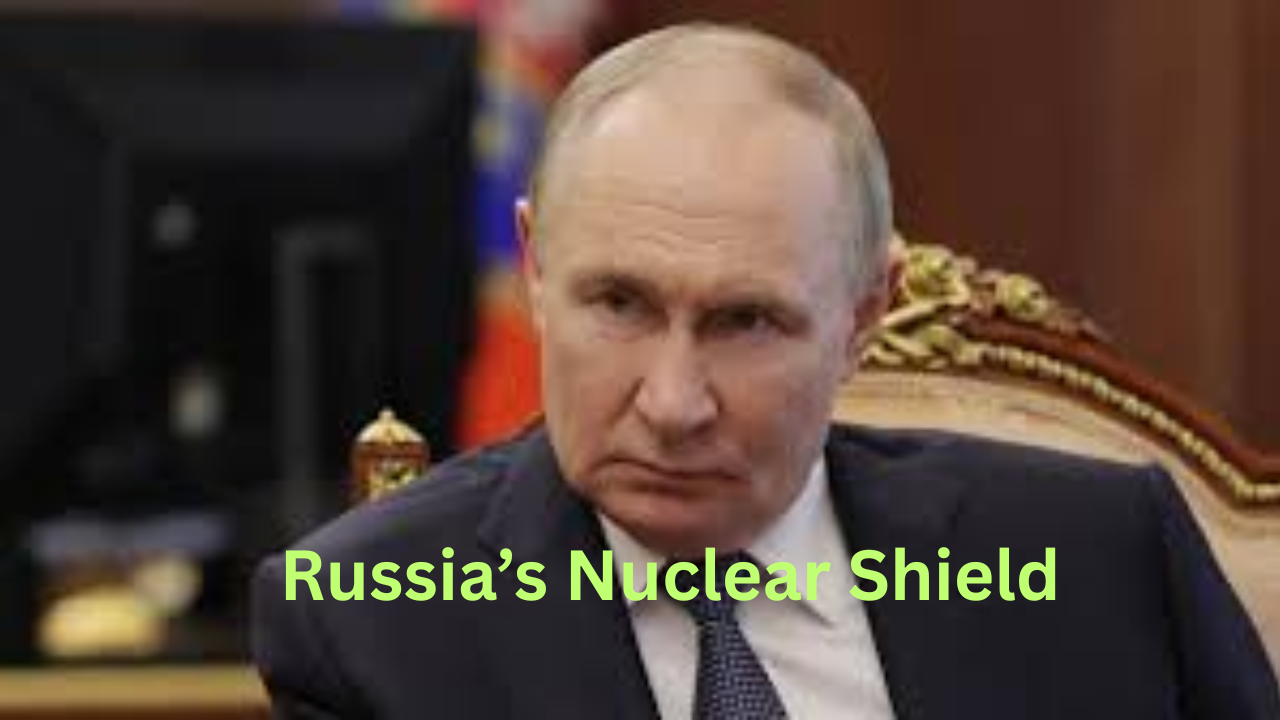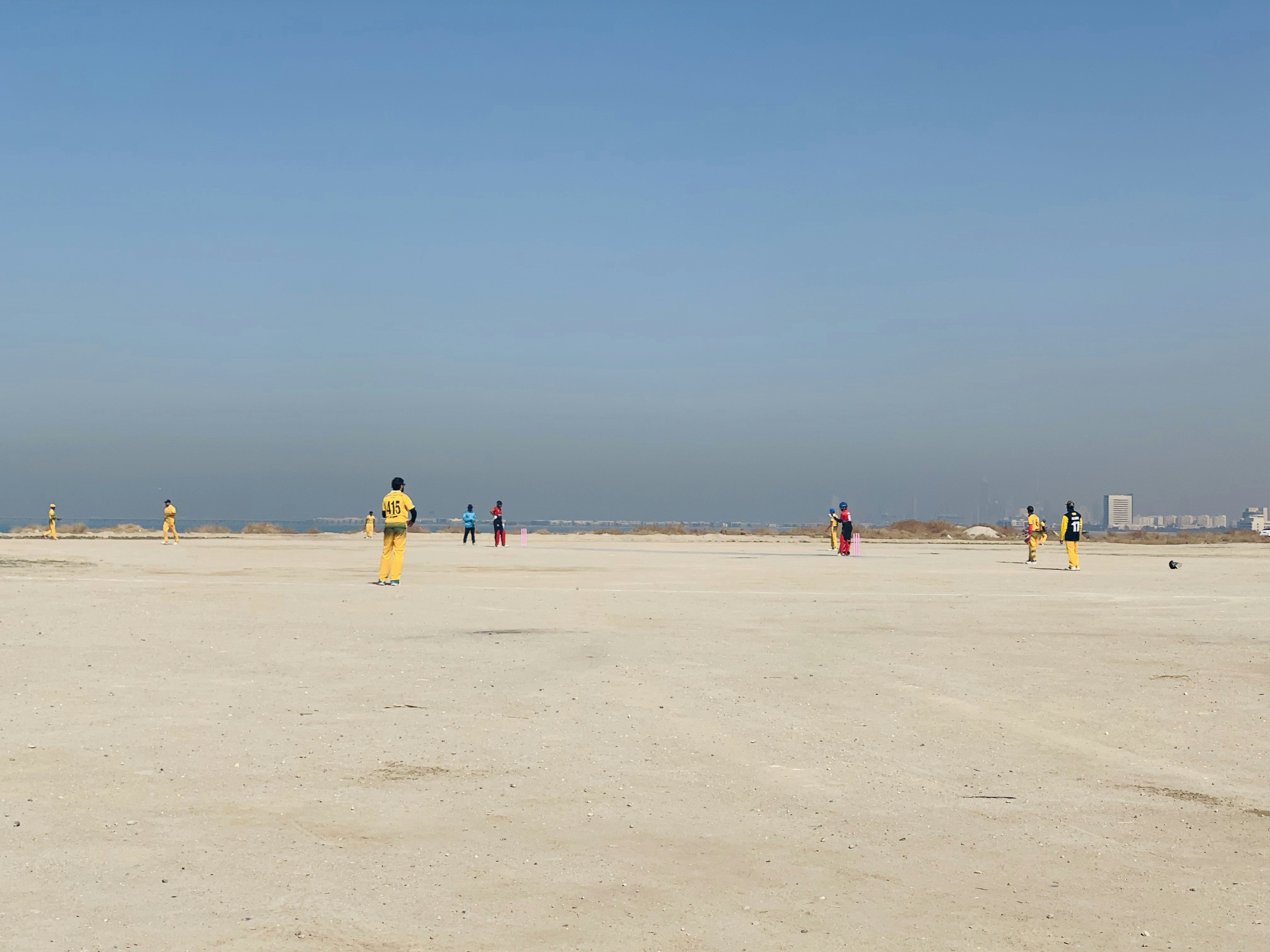Russia’s Nuclear Shield: Strengthening Defense Against Colossal Threats
Date: August 21, 2025
Russia has issued a strong statement on the future of its nuclear defense, with Alexei Likhachev, head of Rosatom, emphasizing the urgent need to upgrade the country’s nuclear shield. According to him, the current geopolitical climate presents “colossal threats” to the nation’s very existence, making modernization not just important but essential.
Nuclear Shield as a Guarantee of Sovereignty
Likhachev described Russia’s nuclear shield as both a “shield and a sword,” calling it the ultimate guarantee of sovereignty. His remarks highlight a shift in Russia’s defense outlook—moving from deterrence to a more central role where nuclear capability is seen as the foundation of national security.
The Global Nuclear Arms Race
This declaration comes at a time when several nuclear powers are increasing their arsenals. The United States is advancing its missile defense systems, including massive investments in high-tech shields aimed at intercepting ballistic, hypersonic, and cruise missiles. China, though still behind Russia and the U.S. in terms of numbers, is rapidly growing its nuclear capabilities.
Currently, Russia and the U.S. hold the majority of the world’s nuclear warheads, making their modernization strategies critical to global security. With Russia housing over 4,000 warheads and the U.S. close behind, their decisions shape the balance of power worldwide.
Why the Urgency Now?
Several factors explain Russia’s call for immediate modernization:
- Eroding Arms Control Treaties: The New START treaty, which set limits on strategic weapons, is nearing its expiration in 2026 without signs of renewal.
- Emerging Threats: The rise of hypersonic technology, advanced missile systems, and nuclear-powered weapons increases the complexity of global defense.
- Geopolitical Tensions: Ongoing conflicts and heightened hostility with NATO have contributed to Moscow’s sense of vulnerability and urgency.
Toward a New Nuclear Doctrine
The renewed emphasis on strengthening the nuclear shield could signal a shift in Russia’s deterrence strategy. Nuclear weapons are no longer positioned as last-resort tools but as a core pillar of defense and sovereignty. This evolving doctrine could have wide-ranging effects on global stability and future arms control negotiations.
Conclusion
Russia’s call to upgrade its nuclear shield reflects the deep anxieties of the modern world. With arms control agreements weakening and new weapons technology emerging, global powers are re-evaluating their security strategies. For Russia, nuclear modernization is framed not just as a military necessity but as an existential safeguard for its future.



Leave a Reply